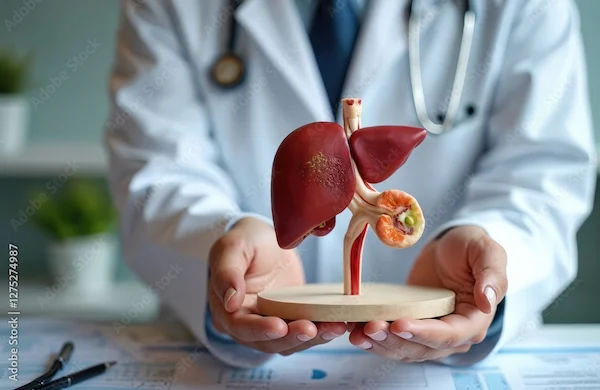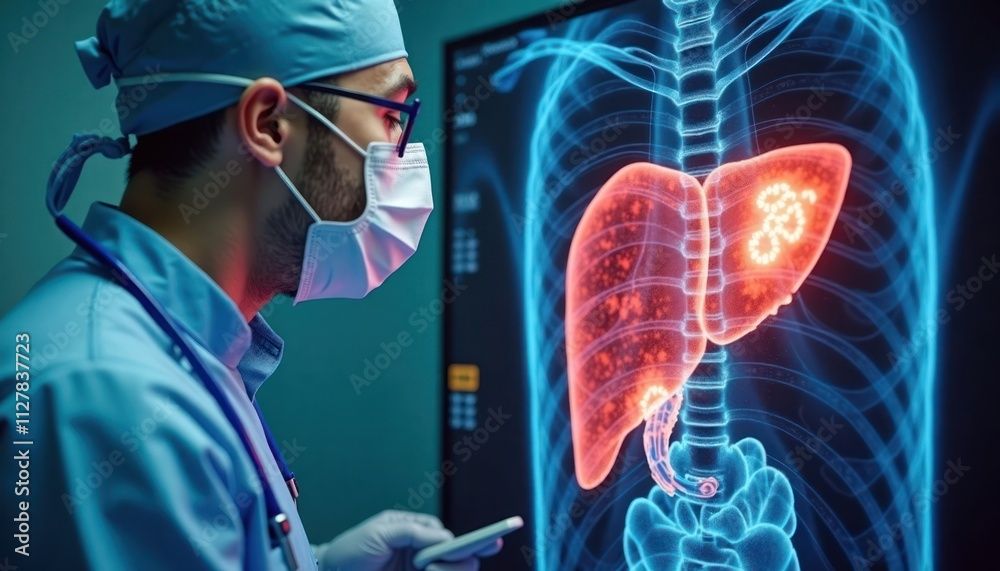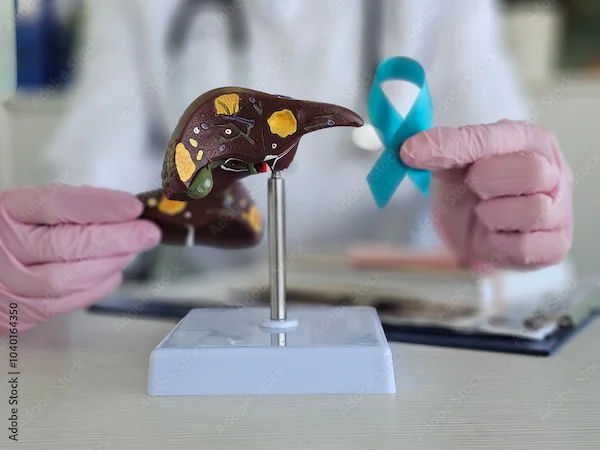Travelling After A Liver Transplant
Planning to travel after a liver transplant? Learn when it’s safe to travel, essential precautions, and expert tips to ensure a healthy, stress-free trip post-surgery.

Written by Dr.Sonia Bhatt
Last updated on 7th Jul, 2025
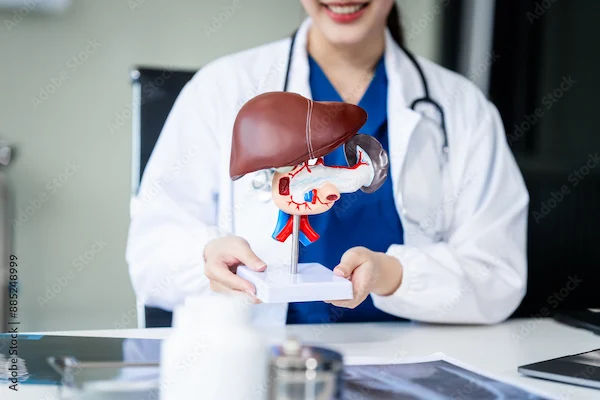
Introduction
Undergoing a liver transplant is a life-changing event, and once you’ve recovered, you may be eager to resume your normal activities, including travel. However, travelling after a liver transplant requires careful planning to ensure your health and safety. In this article, we’ll discuss important considerations, precautions, and tips to help you travel confidently after your transplant.
When Can You Travel After a Liver Transplant?
Your ability to travel depends on your recovery progress. Typically, doctors recommend waiting at least 3 to 6 months after surgery before planning any trips. This allows your body to adjust to the new liver and ensures that your immune system is stable.
Before making travel plans, always consult your transplant team. They will assess your health, medication stability, and any potential risks before giving you the green light.
Consult Top Specialists for Personalised Liver Health Advice
Health Precautions While Travelling
Taking the right precautions can help you enjoy your trip without compromising your health.
1. Carry Essential Medications
Pack extra doses of your immunosuppressants and other medications in case of delays.
Keep medicines in their original labelled bottles to avoid issues at security checks.
Carry a doctor’s prescription and a letter from your transplant team explaining your condition.
2. Stay Hydrated and Eat Safely
Drink bottled or purified water to avoid infections.
Avoid raw or undercooked foods, especially in areas with poor sanitation.
Stick to well-cooked meals and fruits you can peel yourself.
3. Protect Yourself from Infections
Wash hands frequently or use hand sanitiser.
Avoid crowded places if possible, and wear a mask in high-risk areas.
Check if you need any additional vaccinations before travelling but consult your doctor first.
4. Manage Jet Lag and Fatigue
Long flights can be exhausting—take breaks, stretch, and stay hydrated.
Adjust your medication schedule based on time zone changes; ask your doctor for guidance.
Choosing Safe Destinations
Certain places may carry increased health risks for post-transplant patients. It’s best to avoid destinations with:
Poor healthcare facilities in case of emergencies.
Areas with high prevalence of infections like malaria, hepatitis, or other diseases.
Extreme climates that may stress your immune system.
Discuss your travel plans with your doctor to ensure your destination is safe.
Travel Insurance and Emergency Planning
Before heading out, it’s important to plan for unexpected situations.
Get travel insurance that covers transplant-related complications.
Carry a list of nearby hospitals at your destination.
Keep your transplant team’s contact details handy in case of emergencies.
Flying After a Liver Transplant
Most patients can fly safely with doctor approval. To reduce risk during air travel:
Compression socks to prevent blood clots on long flights.
Moving around periodically to improve circulation.
Avoiding excessive alcohol or caffeine, as they can dehydrate you.
Final Tips for a Smooth Trip
With a bit of preparation, travelling after a liver transplant can be both enjoyable and worry-free.
Plan ahead – Book accommodations with good medical access.
Stay in touch – Inform your transplant team about your travel plans.
Listen to your body – Rest when needed and avoid overexertion.
When to Avoid Travelling
Delaying or cancelling travel may be necessary if:
You’ve had recent rejection episodes.
Your liver function tests are unstable.
You’re experiencing infections or other complications.
Final Thoughts
Travelling after a liver transplant is possible—and often very rewarding—with the right precautions. Always get your doctor’s approval before making travel plans, carry your essential medications, and stay mindful of infection risks. By taking a few extra steps, you can explore the world while protecting your health.
If you need expert advice before your trip, Apollo 24|7 offers consultations with hepatologists and transplant specialists. You can book an appointment online for personalised guidance.
Consult Top Hepatologists
Consult Top Specialists for Personalised Liver Health Advice

Dr. Srinivasa Reddy
Hepatologist
12 Years • MBBS, MD (General Medicine), DM (Hepatology),ASGE
Hyderabad
Myra Liver & Gastro Care, Hyderabad

Dr. E Prabhakar Sastry
General Physician/ Internal Medicine Specialist
40 Years • MD(Internal Medicine)
Manikonda Jagir
Apollo Clinic, Manikonda, Manikonda Jagir
(125+ Patients)

Dr. Sushith C
General Physician
2 Years • MBBS
Bengaluru
PRESTIGE SHANTHINIKETAN - SOCIETY CLINIC, Bengaluru
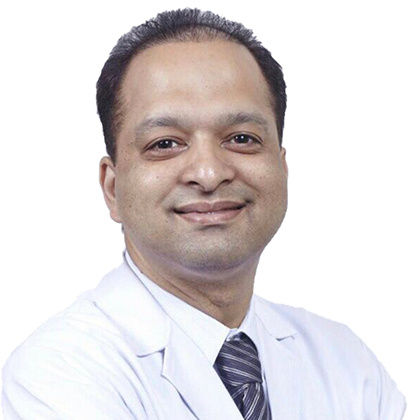
Dr. Rajeev Shandil
Gastroenterology/gi Medicine Specialist
15 Years • MBBS, DNB (Internal Medicine), DNB (Gastroenterology)
Delhi
Apollo Hospitals Indraprastha, Delhi
(125+ Patients)
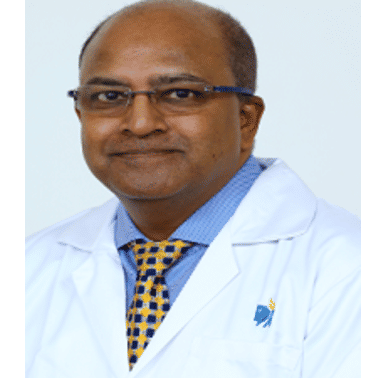
Dr. Murugan N
Hepatologist
18 Years • MBBS, MRCPI, FRCPG
Chennai
Apollo Hospitals Greams Road, Chennai
(375+ Patients)
Consult Top Hepatologists

Dr. Srinivasa Reddy
Hepatologist
12 Years • MBBS, MD (General Medicine), DM (Hepatology),ASGE
Hyderabad
Myra Liver & Gastro Care, Hyderabad

Dr. E Prabhakar Sastry
General Physician/ Internal Medicine Specialist
40 Years • MD(Internal Medicine)
Manikonda Jagir
Apollo Clinic, Manikonda, Manikonda Jagir
(125+ Patients)

Dr. Sushith C
General Physician
2 Years • MBBS
Bengaluru
PRESTIGE SHANTHINIKETAN - SOCIETY CLINIC, Bengaluru

Dr. Rajeev Shandil
Gastroenterology/gi Medicine Specialist
15 Years • MBBS, DNB (Internal Medicine), DNB (Gastroenterology)
Delhi
Apollo Hospitals Indraprastha, Delhi
(125+ Patients)

Dr. Murugan N
Hepatologist
18 Years • MBBS, MRCPI, FRCPG
Chennai
Apollo Hospitals Greams Road, Chennai
(375+ Patients)

